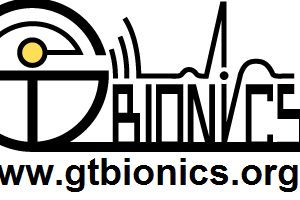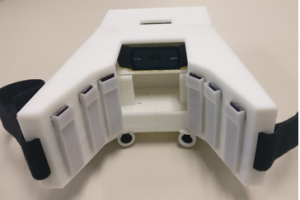The motion of our articulators is responsible for generating speech. To re-learn how to speak intelligibly after a brain injury, practicing enunciation when learning a new language, or change our native accent to fit in a new place or required as part of our job, accessing and correcting our articulators' motion is crucial. Few practical solutions exist in the market, and our system is filling this gap by providing an affordable, unobtrusive, portable and user-friendly solution to visualize and generate feedback to the user about their speech performance (e.g., tongue and lips gesture).

In Georgia Tech Bionics lab (GT-Bionics) we design and develop state-of-the-art medical and scientific instruments for a wide variety of clinical and research applications. More specifically, our focus is on Assistive Technologies, Rehabilitation Engineering, Wearable Devices for Smart Health and Wellbeing, Implantable Microelectronic Devices, and Wireless Neural Interfacing. We are involved in true multidisciplinary research addressing all aspects of complex biomedical systems from hardware, software, and smart algorithm design to evaluation of their full functionality and efficacy on animal subjects or in clinical settings.



